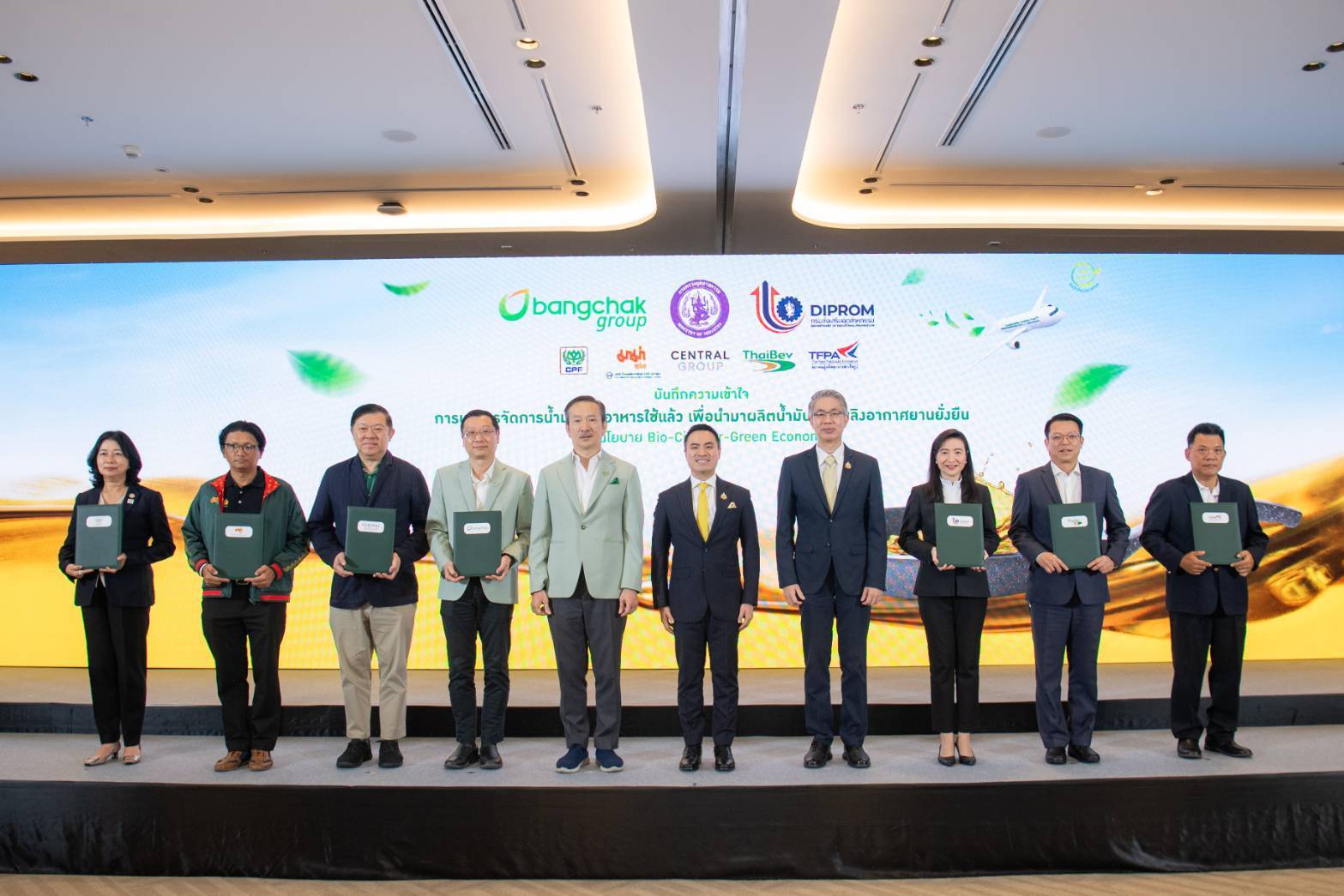

Charoen Pokphand Foods Public Company Limited (CP Foods) continues to transition toward greener energy sources such as solar panels including solar farm, solar floating, and solar rooftop in its operations across Thailand as part of the company's goals to create safe and sustainable foods and achieve net-zero emissions by 2050.
Peerapong Krinchai, Executive Vice President – Corporate Engineering at CP Foods, said the company has established a strategy to achieve net-zero emission target, as well as a long-term sustainability goal that includes implementing multiple energy-saving projects and Greenhouse Gas Emission Reduction Programs, among other things. The corporation has adopted cutting-edge technology and innovations to reduce manufacturing costs in its operations.
In addition, by the end of this year, the business plans to totally phase out the usage of coal in all of its operations in Thailand. CP Foods will be able to cut greenhouse gas emissions by 70,000 tons of CO2 equivalent as a result of this initiative.
Peerapong stated that CP Foods has made substantial progress in replacing coal with solar power in its feed, farm, and food sectors. The first three phases have been completed, totaling 106 locations, including solar rooftop installations at 27 plants in the first phase and 2 solar floating projects and 10 solar farms in the second phase. In the third phase, 67 solar power installations will be finished by next year. The first three phases aim to reduce greenhouse gas emissions by about 27,000 tons of CO2 equivalent each year. This is equivalent to planting 2.8 million trees.
The company plans to install more solar power sources at another 66 operation sites in the fourth phase, which is expected to be finished in 2024.
“Solar power project is our effort to promote the use of renewable energy according to the Circular Economy principle in accordance with the Circular Economy principle while also lowering greenhouse gas emissions. Greener energy also lowers manufacturing costs and allows CP Goods to provide foods that are both safe and environmentally friendly, said Peerapong.
CP Foods joined a Science Based Target Initiative in February 2022 to set a "Net-Zero" goal under the Paris Agreement. The Initiatives is a collaboration between CDP, the United Nations Global Compact, the World Resources Institute, and the World Wide Fund for Nature, with over 2,000 firms participating since its establishment in 2015. CP Foods also introduced the Steering Working Group on Climate Change Management to help the firm achieve net-zero emission target.
Renewable energy now accounts for 27% of overall energy consumption. Biomass accounts for 65% of renewable energy sources. The remaining 33% comes from biogas and 2% from solar energy. Greener grids have assisted the firm in reducing greenhouse gas emissions by 575,000 tons of CO2 equivalent per year.









_1742963914.jpg)